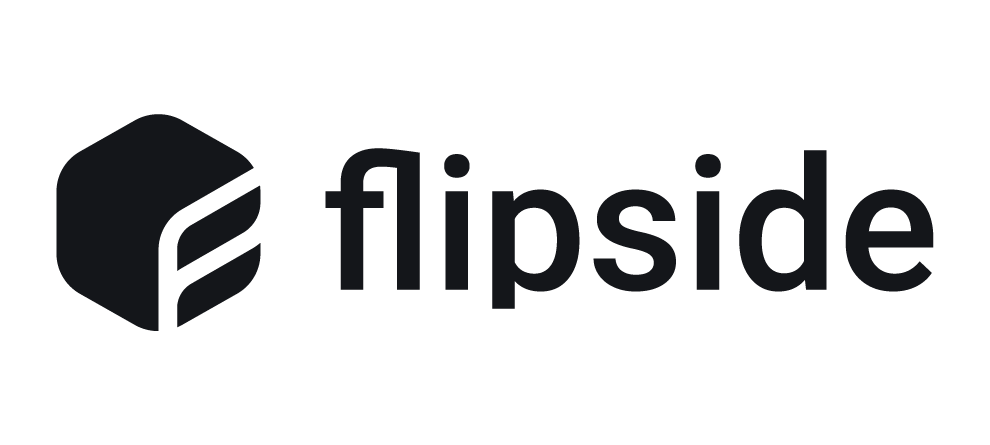
Data API
DataAPI provides unified access to blockchain data through a single API endpoint.
Overview
DataAPI is a developer-focused tool that simplifies blockchain data access by aggregating multiple blockchain data sources into a single, unified API. It is designed to help developers and product teams avoid the complexity of integrating with multiple blockchain nodes or data providers individually. By providing a consistent API interface, DataAPI enables faster development of analytics, dashboards, and DeFi applications that require reliable and comprehensive blockchain data.
The platform supports querying data across various blockchains, abstracting away the differences in data formats and endpoints. This reduces the need for developers to manage multiple SDKs or maintain custom infrastructure for data retrieval. DataAPI is particularly useful for teams building analytics platforms, DeFi protocols, or enterprise blockchain solutions that demand scalable and consistent data access.
Getting started with DataAPI involves signing up for an API key and integrating the RESTful API endpoints into your application. Comprehensive documentation guides developers through authentication, query parameters, and response formats. This streamlined setup allows teams to quickly incorporate blockchain data without deep expertise in blockchain node management or data indexing.
DataAPI stands out by focusing on unified data access rather than providing raw node infrastructure or blockchain execution services. This specialization makes it a practical choice for projects prioritizing data aggregation and analytics over transaction processing or smart contract deployment.
The Problem
Developers face challenges integrating and maintaining multiple blockchain data sources due to inconsistent APIs and data formats. This fragmentation slows development and increases infrastructure complexity for analytics and DeFi applications.
The Solution
Key Features
Data API Alternatives
Explore web3 competitors and apps like Data API.

Studio
Pricing
Free | Pro | |
|---|---|---|
| Price (Monthly) | Free | Custom pricing |
| Price (Annual) | Free | Custom pricing |
| Messaging | N/A | N/A |
| Support | Community support via GitHub | Priority email support |
| Analytics |
Start Building Now
Reliable RPC, powerful APIs, and zero hassle.
Resources
DataAPI provides documentation and a GitHub repository to help developers integrate and use their unified blockchain data API effectively.

















